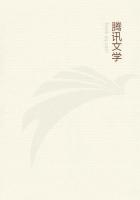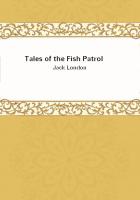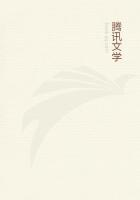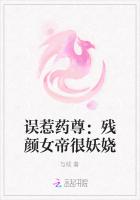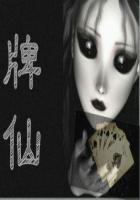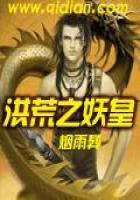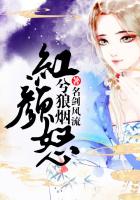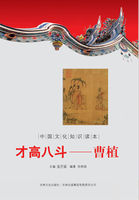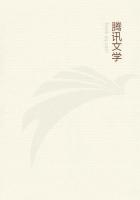In 1842, as soon as he was settled at Down, he began a series of observations on a foot-path and in his fields, that continued with intermissions during his whole life, and he extended his enquiries from time to time to the neighbouring parks of Knole and Holwood. In 1844 we find him making a communication to the "Gardener's Chronicle" on the subject. About 1870, his attention to the question was stimulated by the circumstance that his niece (Miss L. Wedgwood) undertook to collect and weigh the worm-casts thrown up, during a whole year, on measured squares selected for the purpose, at Leith Hill Place. He also obtained information from Professor Ramsay concerning observations made by him on a pavement near his house in 1871. Darwin at this time began to realise the great importance of the action of worms to the archaeologist. At an earlier date he appears to have obtained some information concerning articles found buried on the battle-field of Shrewsbury, and the old Roman town of Uriconium, near his early home; between 1871 and 1878 Mr (afterwards Lord) Farrer carried on a series of investigations at the Roman Villa discovered on his land at Abinger; Darwin's son William examined for his father the evidence at Beaulieu Abbey, Brading, Stonehenge and other localities in the neighbourhood of his home; his sons Francis and Horace were enlisted to make similar enquiries at Chideock and Silchester; while Francis Galton contributed facts noticed in his walks in Hyde Park. By correspondence with Fritz Muller and Dr Ernst, Darwin obtained information concerning the worm-casts found in South America; from Dr Kreft those of Australia; and from Mr Scott and Dr (afterwards Sir George) King, those of India; the last-named correspondent also supplied him with much valuable information obtained in the South of Europe. Help too was obtained from the memoirs on Earthworms published by Perrier in 1874 and van Hensen in 1877, while Professor Ray Lankester supplied important facts with regard to their anatomy.
When therefore the series of interesting monographs on plant-life had been completed, Darwin set to work in bringing the information that he had gradually accumulated during forty-four years to bear on the subject of his early paper. He also utilised the skill and ingenuity he had acquired in botanical work to aid in the elucidation of many of the difficulties that presented themselves. I well remember a visit which I paid to Down at this period. At the side of the little study stood flower-pots containing earth with worms, and, without interrupting our conversation, Darwin would from time to time lift the glass plate covering a pot to watch what was going on. Occasionally, with a humorous smile, he would murmur something about a book in another room, and slip away; returning shortly, without the book but with unmistakeable signs of having visited the snuff-jar outside.
After working about a year at the worms, he was able at the end of 1881 to publish the charming little book--"The Formation of Vegetable Mould through the Action of Worms, with Observations on their Habits". This was the last of his books, and its reception by reviewers and the public alike afforded the patient old worker no little gratification. Darwin's scientific career, which had begun with geological research, most appropriately ended with a return to it.
It has been impossible to sketch the origin and influence of Darwin's geological work without, at almost every step, referring to the part played by Lyell and the "Principles of Geology". Haeckel, in the chapters on Lyell and Darwin in his "History of Creation", and Huxley in his striking essay "On the Reception of the Origin of Species" ("L.L." II. pages 179-204.) have both strongly insisted on the fact that the "Origin" of Darwin was a necessary corollary to the "Principles" of Lyell.
It is true that, in an earlier essay, Huxley had spoken of the doctrine of Uniformitarianism as being, in a certain sense, opposed to that of Evolution (Huxley's Address to the Geological Society, 1869. "Collected Essays", Vol. VIII. page 305, London, 1896.); but in his later years he took up a very different and more logical position, and maintained that "Consistent uniformitarianism postulates evolution as much in the organic as in the inorganic world. The origin of a new species by other than ordinary agencies would be a vastly greater 'catastrophe' than any of those which Lyell success fully eliminated from sober geological speculation."("L.L." II. page 190.)
Huxley's admiration for the "Principles of Geology", and his conviction of the greatness of the revolution of thought brought about by Lyell, was almost as marked as in the case of Darwin himself. (See his Essay on "Science and Pseudo Science". "Collected Essays", Vol. V. page 90, London, 1902.) He felt, however, as many others have done, that in one respect the very success of Lyell's masterpiece has been the reason why its originality and influence have not been so fully recognised as they deserved to be.
Written as the book was before its author had arrived at the age of thirty, no less than eleven editions of the "Principles" were called for in his lifetime. With the most scrupulous care, Lyell, devoting all his time and energies to the task of collecting and sifting all evidence bearing on the subjects of his work, revised and re-revised it; and as in each edition, eliminations, modifications, corrections, and additions were made, the book, while it increased in value as a storehouse of facts, lost much of its freshness, vigour and charm as a piece of connected reasoning.

